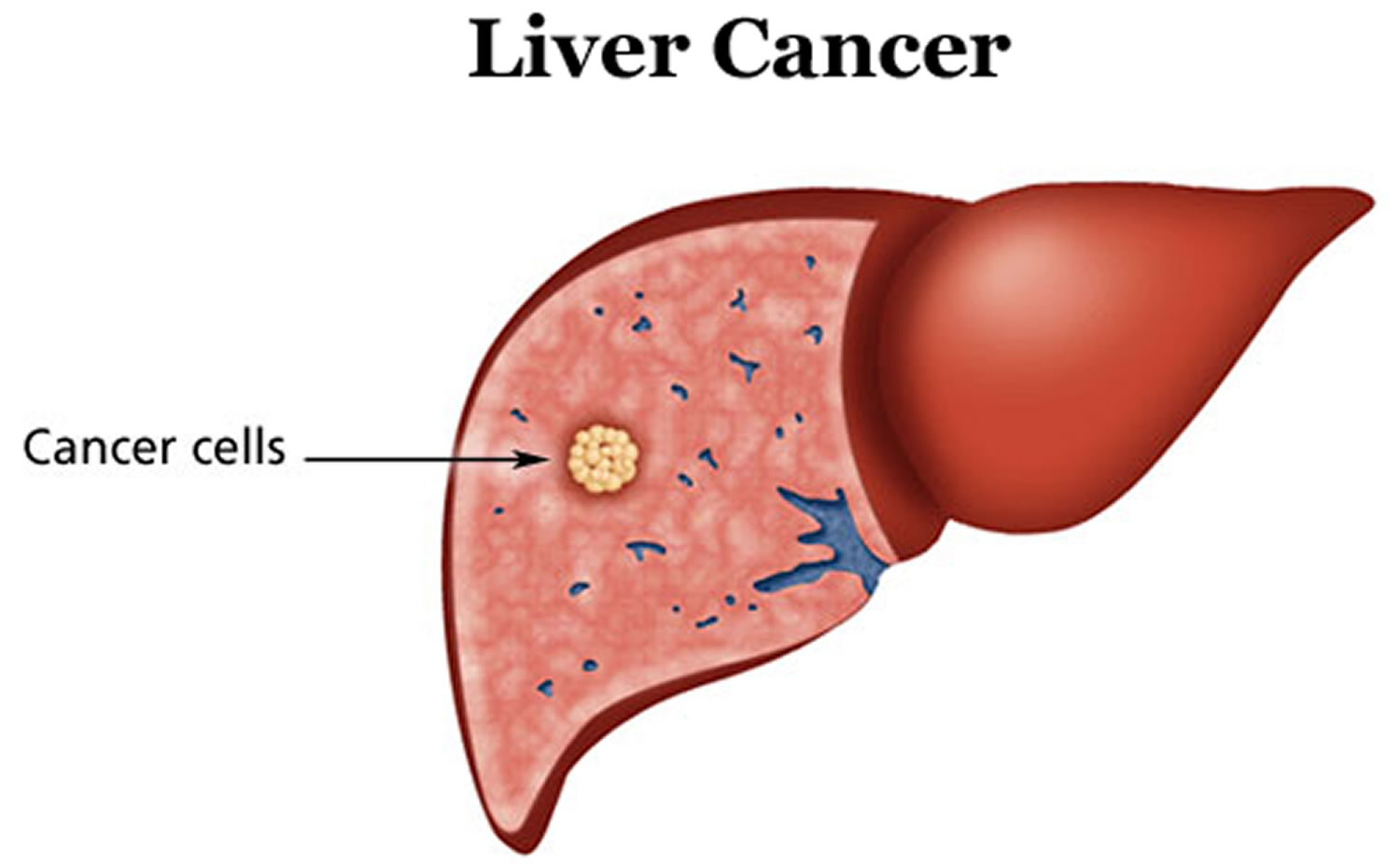Eating citrus depression risk is a topic that sheds light on the powerful impact our dietary choices can have on mental well-being. Recent studies suggest that consuming just one orange daily could reduce the risk of developing depression by an astounding 20%. This surprising connection may stem from the ability of citrus fruits to enhance the gut-brain connection, promoting the growth of beneficial gut bacteria like Faecalibacterium prausnitzii, which is linked to improved mood. As we delve deeper into how citrus health benefits can play a role in a mental health diet, it becomes clear that integrating these vibrant fruits could serve as a simple yet effective strategy to reduce depression. By harnessing the orange daily benefits, we open the door to a brighter perspective on nutritional mental health interventions.
The relationship between eating citrus and depression risk presents an intriguing area of research in nutritional psychiatry. Engaging with alternative terms such as the consumption of citrus fruits, mental wellness, and the role of diet in managing mood disorders may enrich our understanding of this connection. Researchers are examining how specific nutrients and bacterium found in citrus can contribute to a healthier mind, demonstrating the importance of food choices in influencing emotional health. By investigating the gut-brain link further, experts aim to provide evidence-driven dietary recommendations that can support mental health. This exploration into the orange’s benefits underscores the evolving landscape of how we view food not only as nourishment but also as a vital component of holistic well-being.
The Mental Health Benefits of Citrus Consumption
Recent studies have highlighted the significant positive impact that citrus fruits, particularly oranges, can have on mental health. Research indicates that consuming an orange a day can lower depression risk by approximately 20%. This connection is believed to stem from the unique ability of citrus to stimulate gut health, specifically through the growth of beneficial bacteria like Faecalibacterium prausnitzii. This bacterium plays a crucial role in regulating mood-enhancing neurotransmitters such as serotonin and dopamine, which are intricately linked to our emotional well-being.
Additionally, the insights gathered from the Nurses’ Health Study II further solidify the understanding of the gut-brain connection. Participants consuming high amounts of citrus exhibited elevated levels of F. prausnitzii, correlating with lower depression scores. This suggests a powerful link between diet and mental health, emphasizing the importance of integrating citrus into our daily diets as a preventive measure against depression. The holistic benefits of citrus extend beyond just physical health, highlighting its pivotal role in promoting emotional stability.
Understanding the Gut-Brain Connection
The gut-brain connection is a burgeoning area of research that explores how our digestive health influences mental health. Studies show that the gut microbiome significantly affects our brain function and mood regulation. Citrus, rich in vitamins and antioxidants, promotes the growth of beneficial gut bacteria, which in turn can impact mental health. By enhancing the abundance of bacteria like Faecalibacterium prausnitzii, citrus consumption may lead to improved production of neurotransmitters that are essential for maintaining emotional balance.
Scientists suggest that the S-adenosyl-L-methionine cycle I pathway, utilized by F. prausnitzii, is vital in modulating serotonin and dopamine levels. These neurotransmitters have far-reaching effects on body processes and brain health. Therefore, incorporating citrus into one’s diet could act as a natural remedy for those struggling with depression, supporting the growing recognition of dietary choices as crucial factors in mental health and emphasizing the significance of maintaining a healthy gut for overall wellness.
Citrus Fruits: A Preventive Measure Against Depression
The potential of citrus fruits as a preventive measure against depression is gaining traction within the medical community. With traditional antidepressants often coming with side effects, exploring dietary options like oranges offers a natural alternative. The findings from recent research reveal that women consuming one medium orange daily are 20% less likely to develop depression over time, suggesting that dietary choices can significantly impact mental health outcomes. This preventive approach aligns well with the broader shift towards holistic health and wellness.
Furthermore, as mental health becomes an increasingly pressing concern globally, integrating foods known for their healthy properties, such as citrus, into standard dietary recommendations could serve as a cost-effective strategy. Encouraging a diet rich in oranges and other citrus fruits presents a proactive measure for individuals seeking to improve their mental health while enjoying the delicious flavors they bring.
Incorporating Oranges into a Mental Health Diet
Creating a mental health diet that includes citrus fruits can be an enjoyable and straightforward process. Oranges are not only nutritious; they are also versatile, making them easy to add to various meals and snacks. Whether consumed fresh, added to salads, blended into smoothies, or used to enhance baked goods, oranges can add a refreshing twist while benefiting mental health. The goal is to make citrus a daily staple, forming part of a balanced diet that supports overall wellness.
Moreover, community awareness about the positive effects of citrus consumption on depression should be prioritized. Workshops, cooking classes, and nutritional education can help teach individuals how to incorporate these fruits into their everyday lives, thereby fostering a healthier community mindset. By doing so, we can empower more people to take charge of their mental health through positive dietary choices.
Exploring the Benefits of Daily Orange Consumption
Consumption of oranges daily can yield significant health benefits that extend beyond mental health. Rich in vitamin C, fiber, and antioxidants, oranges can boost the immune system, aid in digestion, and reduce inflammation. These nutritional advantages make oranges a must-have in anyone’s diet, combining the benefits of physical and mental health in one fruit. This comprehensive approach to health can enhance longevity and life quality.
Incorporating an orange into your daily routine can also be quite enjoyable. The refreshing taste and natural sweetness make it an appealing choice for people of all ages. Furthermore, as part of a balanced diet rich in various fruits and vegetables, oranges contribute meaningfully to an overall healthy lifestyle, supporting not just a reduction in depression risk but also improving general emotional wellness.
The Role of Citrus in Enhancing Mood
The role of citrus in enhancing mood is becoming increasingly recognized, thanks to ongoing research linking fruit consumption to emotional well-being. The exciting discovery of F. prausnitzii’s connection to mental health reinforces the idea that integrating citrus into our diets could be a strategic move towards improving mood. The elevation of serotonin and dopamine levels through citrus consumption underscores the profound impact that dietary choices can have on feelings of happiness and contentment.
Moreover, it’s essential to consider how the enjoyment of fresh fruit can contribute to overall quality of life. Eating an orange not only provides essential nutrients but also satisfies the sensory experience of eating—resulting in a boost in positivity that contributes to a better mood. As we become more mindful of the connections between food, health, and happiness, the consumption of citrus fruits should be highlighted as a vital aspect of a mental health-oriented diet.
Citrus as Part of a Balanced Diet for Mental Health
Adopting a balanced diet that includes citrus fruits is crucial for supporting mental health. A dietary plan emphasizing fruits and vegetables, whole grains, lean proteins, and healthy fats can provide the nutritional foundation needed for optimal brain function. Within this plan, citrus serves as a powerhouse of nutrients that not only fortifies physical health but also promotes emotional stability. By understanding the benefits of a collectively healthy diet, individuals can take meaningful steps towards boosting their mental well-being.
Additionally, focusing on a diet rich in citrus can inspire individuals to explore other healthy foods that support mental health. For instance, including other fruits, nuts, seeds, and vegetables complements the benefits of oranges, creating a diverse nutritional environment that nurtures the gut-microbiome-brain connection. By fostering stronger dietary patterns, we can enhance our resilience against various mental health challenges, ultimately leading to a healthier, happier society.
Future Research Directions on Citrus and Mental Health
The implications of current findings on citrus consumption and mental health call for continued exploration in this dynamic field of research. Future studies could focus on clinical trials to confirm the potential benefits of citrus as a treatment or preventive measure for depression, helping to establish stronger clinical guidelines. The interdisciplinary nature of this research—crossing nutrition, psychology, and microbiology—opens the door for innovative approaches to mental health solutions.
Moreover, expanding this research to include diverse populations could provide insights into varying responses to citrus consumption across demographics. Understanding whether factors such as gender, age, or lifestyle choices influence the mental health benefits derived from citrus might refine dietary recommendations for specific groups. As we venture further into the complexities of the gut-brain axis, citrus fruits emerge as a promising element worthy of broader investigation.
The Importance of Dietary Choices for Emotional Well-Being
Recognizing the importance of dietary choices in emotional well-being is becoming essential as mental health issues grow worldwide. Research indicates that specific foods can significantly impact mood, with citrus fruits emerging as a key player. By being intentional about food selections and advocating for a diet high in fruits and vegetables, we can actively influence our mental health outcomes.
Encouraging a dialogue about the relationship between food and mental health is crucial. Public policies could advocate for increased access to healthy foods, including citrus, especially in underserved communities. By fostering environments where people can easily obtain fruits like oranges, we take a significant step toward cultivating mental wellness throughout society. A comprehensive approach to health includes recognizing and promoting the emotional benefits of nutritious foods.
Frequently Asked Questions
How does eating citrus reduce depression risk?
Eating citrus, particularly oranges, has been linked to a lower risk of depression due to its positive effects on the gut microbiome. The consumption of citrus stimulates the growth of beneficial bacteria like Faecalibacterium prausnitzii, which influences the production of neurotransmitters such as serotonin and dopamine, known to enhance mood.
What are the gut-brain connections related to citrus and mental health?
The gut-brain connection refers to the links between gut health and mental well-being. Citrus consumption boosts levels of certain gut bacteria, particularly F. prausnitzii. This bacteria is associated with reduced depression risk, as it may enhance neurotransmitter levels that regulate mood, illustrating how a healthy diet impacts mental health.
How many oranges should I eat to lower my depression risk?
According to research, consuming just one medium orange daily could reduce the risk of developing depression by approximately 20%. Including oranges as part of a mental health diet may contribute to better emotional well-being and mood regulation.
What is the role of serotonin and dopamine in reducing depression through citrus?
Serotonin and dopamine are neurotransmitters crucial for mood regulation. Eating citrus can promote the growth of bacteria in the gut that influence their production. This connection helps explain how citrus consumption might lower depression risk by enhancing these mood-elevating neurotransmitters.
Can citrus fruits be part of a mental health diet?
Absolutely! Incorporating citrus fruits into your daily diet can be beneficial for mental health. They play a key role in promoting gut health, which is increasingly recognized as important for cognitive and emotional wellness.
What are the overall health benefits of eating oranges daily?
Eating an orange daily not only aids in reducing depression risk but also provides essential vitamins, antioxidants, and fiber, contributing to overall health. This simple dietary habit supports immune function, digestive health, and mood balance.
Is there scientific evidence supporting the benefits of eating citrus for mental health?
Yes, a study involving the Nurses’ Health Study II demonstrated that high citrus consumption was associated with lower rates of depression. This finding highlights the potential mental health benefits of including citrus in your diet.
Are there any side effects of consuming too much citrus for mental health benefits?
While citrus fruits are generally safe and nutritious, excessive consumption can lead to digestive discomfort due to their acidity. It’s recommended to enjoy them in moderation as part of a varied diet for optimal mental health benefits.
How can I include more citrus in my diet to help with mental health?
Incorporate citrus fruits into your meals by adding oranges to salads, smoothies, or yogurt. Enjoy fresh citrus juices or simply snack on whole oranges to harness their mood-boosting benefits as part of a balanced mental health diet.
Is the effect of citrus on depression similar to that of antidepressants?
While the consumption of citrus may lower depression risk, it should not be considered a substitute for antidepressants, which are used to treat existing conditions. However, incorporating citrus can be a supportive measure alongside conventional treatments.
| Key Findings | Details | Research Insight | |
|---|---|---|---|
| Citrus Consumption | Eating an orange a day may lower depression risk by 20%. | ||
| Research Origin | The study was inspired by previous research suggesting a link between citrus consumption and depression risk. | ||
| Impact of Gut Microbiome | Citrus stimulates the growth of beneficial gut bacteria, particularly F. prausnitzii, which is correlated with mood enhancement. | ||
| Comparison to Antidepressants | Traditional antidepressants are generally used for treating depression, while citrus consumption may aid in prevention. | ||
| Future Research | Further studies and clinical trials are needed to firmly establish the connection between citrus intake and depression risk reduction. | ||
Summary
Eating citrus depression risk is significantly lower as studies suggest that incorporating an orange into your daily diet may reduce the likelihood of developing depression by 20%. This intriguing link emphasizes the potential benefits of diet on mental health, especially through the support of beneficial gut bacteria that interact with neurotransmitters responsible for mood regulation. As more research unfolds, the idea of citrus fruits being a natural way to combat depression may pave the way for innovative dietary approaches in mental health management.



